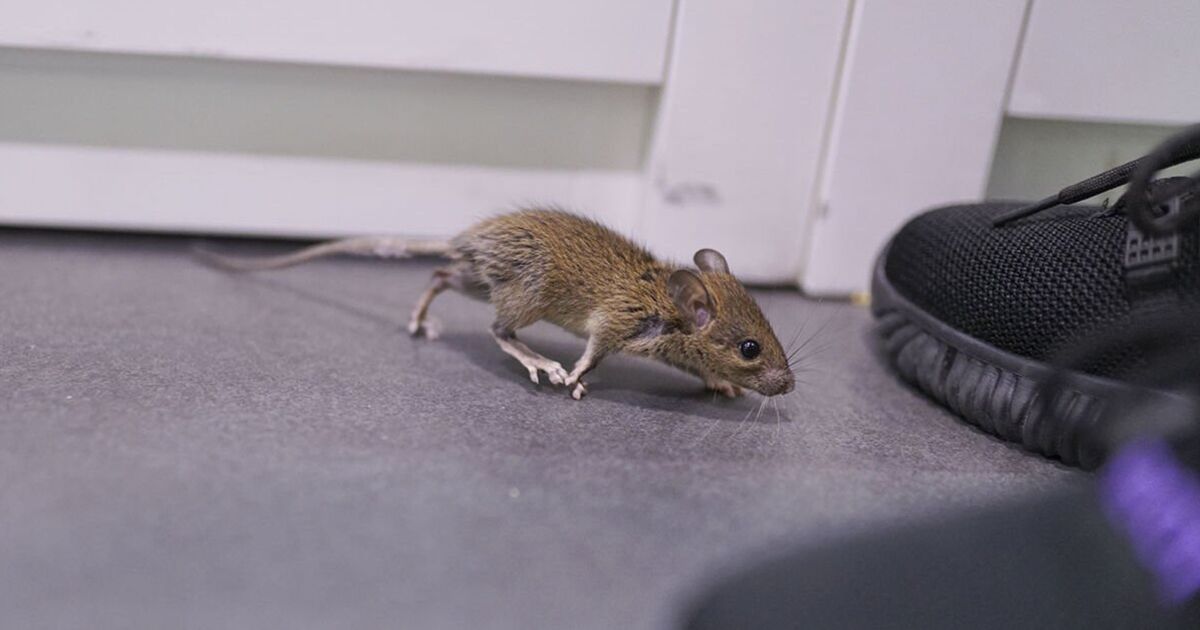[ad_1]
Imagine getting ready to eat your food and relax after your plane takes off, only to find a live mouse staring back at you. That’s what happened to one passenger on board a flight to Spain earlier this week.
The flight was on its way to Malaga from Oslo on Thursday before being forced to make an emergency landing after a mouse jumped out of a passenger’s meal tray.
The incident happened soon after the plane had departed from Oslo and caused much surprise to those on board the plane.
Despite no major panic, the captain had to inform all 180 passengers that the plane would need to divert due to the potential safety hazard the mouse posed.
The aircraft made an unscheduled landing in the nearby Danish capital Copenhagen, and passengers were asked to vacate the aircraft while engineers searched for the little mouse.
After the SAS (Scandinavian Airlines) found a replacement aircraft, the flight resumed its journey, departing Copenhagen at 5.20 pm and arriving in Malaga by 8pm.
A spokesperson confirmed that the diversion was a standard procedure for these situations to protect passengers’ safety.
Rodents appearing on flights remains a rare occurrence, but when they do manage to make their way onto an aeroplane they present a significant risk. It’s especially concerning if they decide to gnaw on the plane’s wiring and electrics.
Last year, passengers on a Vietjet flight were put in a state of panic when a giant albino rat and otter escaped from a passenger’s hand luggage and began roaming around.
A passenger had managed to smuggle the animals on board, and when the airport staff searched the plane they found even more stowaway pets.
One marmot, two otters, twenty-eight turtles and two unidentified rodents were found on board. The woman responsible faced fines of up to £25,000 under regulations relating to the control and prevention of infectious diseases.
[ad_2]









